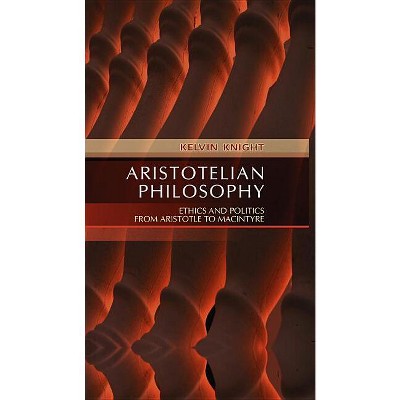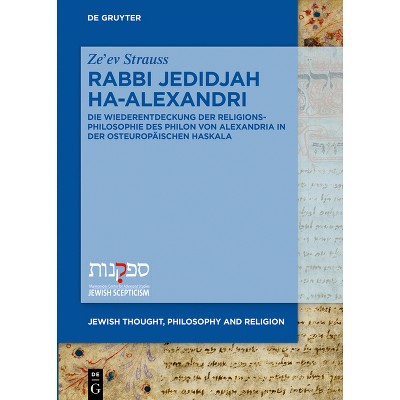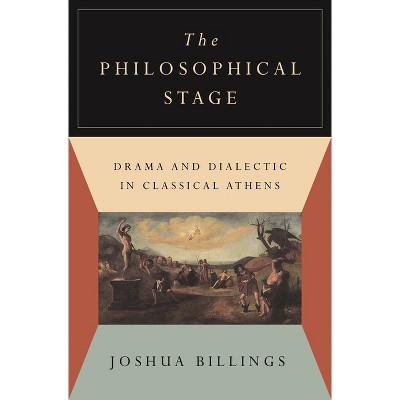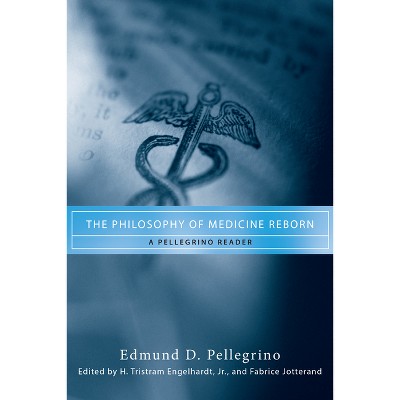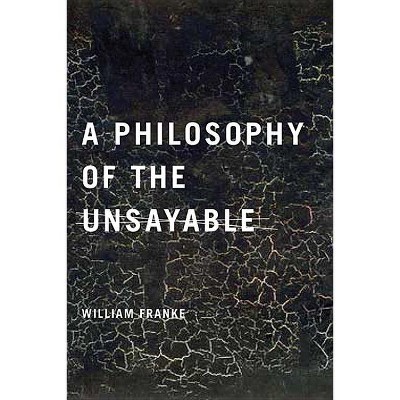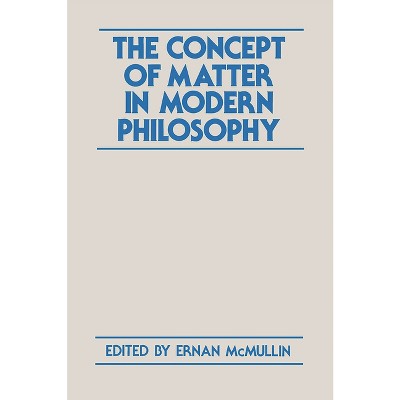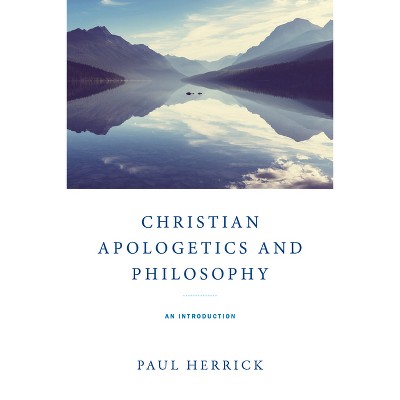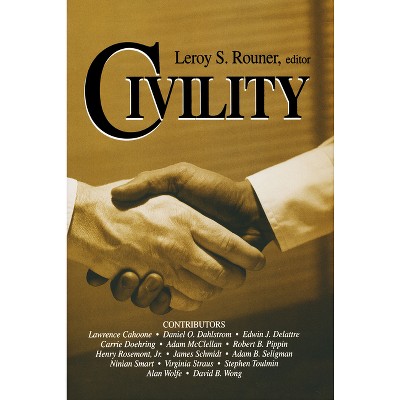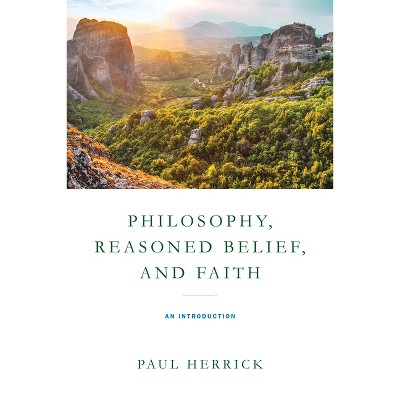Sponsored

The Philosophy of Drama - by Józef Tischner (Hardcover)
In Stock
Sponsored
About this item
Highlights
- The Philosophy of Drama provides an in-depth and erudite exploration of human existence as a dramatic existence, interpreted in terms of encounter, dialogue, reciprocity, erring, temptation, condemnation, and justification.In this magnum opus, Catholic philosopher Józef Tischner offers a philosophical interpretation of the human experience and articulates a metaphysics of good and evil, arguing that the drama of existence is revealed most clearly through the painful encounter with evil.
- About the Author: Józef Tischner (1931-2000) was one of the most influential Polish philosophers of the twentieth century and the semi-official chaplain of Solidarnośc.
- 262 Pages
- Philosophy, Religious
Description
About the Book
"In this magnum opus, Catholic philosopher Jozef Tischner offers a philosophical interpretation of the human experience and articulates a metaphysics of good and evil, arguing that the drama of existence is revealed most clearly through the painful encounter with evil. Long overdue for translation into English, The Philosophy of Drama is one of the most important works of Polish philosophy to date and a major contribution to phenomenology and the philosophy of dialogue. Tischner writes of a drama that is at once personal and social, that is bound both by the stage of the present world and by the flow of time. It supposes human freedom while also recognizing the way in which human beings refuse to take responsibility for their freedom. It is a drama between divine and human freedom, on the one hand, and between the choice for good and evil, between humans as cursed or blessed, on the other. The Philosophy of Drama addresses the profound question of why we should be responsible for one another and for the world in which we live and is essential reading for anyone trying to understand what it is to be human"--Book Synopsis
The Philosophy of Drama provides an in-depth and erudite exploration of human existence as a dramatic existence, interpreted in terms of encounter, dialogue, reciprocity, erring, temptation, condemnation, and justification.
In this magnum opus, Catholic philosopher Józef Tischner offers a philosophical interpretation of the human experience and articulates a metaphysics of good and evil, arguing that the drama of existence is revealed most clearly through the painful encounter with evil. Long overdue for translation into English, The Philosophy of Drama is one of the most important works of Polish philosophy to date and a major contribution to phenomenology and the philosophy of dialogue.
Tischner writes of a drama that is at once personal and social, that is bound both by the stage of the present world and by the flow of time. It supposes human freedom while also recognizing the way in which human beings refuse to take responsibility for their freedom. It is a drama between divine and human freedom, on the one hand, and between the choice for good and evil, between humans as cursed or blessed, on the other. The Philosophy of Drama addresses the profound question of why we should be responsible for one another and for the world in which we live and is essential reading for anyone trying to understand what it is to be human.
Review Quotes
"Józef Tischner's The Philosophy of Drama, begun in the late 1970s, and mostly written in the 1980s, is one of the most significant philosophical works in Polish. It is also probably one of the most important in contemporary European philosophy." --Church Life Journal
"Regrettably, precious few of the great Polish philosopher and chaplain of Solidarnośc Józef Tischner's myriad works have been translated into English. In his The Philosophy of Drama, widely considered his magnum opus, Tischner aims to restore hope in humanity after Auschwitz and Kolyma. Artur Rosman has provided a highly readable, first-rate translation, which provides a window into the sublime thinking of one of Poland's most treasured intellectuals." --Gerald J. Beyer, author of Recovering Solidarity
"This is a major work of one of the most outstanding Polish philosophers. Its sobering conclusion that we cannot bring about the triumph of good over evil by relying on our own power opens up new perspectives for theology." --Pawel Rojek, author of The Curse of Empire
"This translation of The Philosophy of Drama by the eminent Polish philosopher Józef Tischner is to be welcomed not only because Tischner was simultaneously the 'Pope's philosopher' and the philosopher of Solidarity, but also because this towering East European intellectual articulates a dynamic and nuanced form of personalism." --Cyril O'Regan, author of Theology and the Spaces of Apocalyptic
About the Author
Józef Tischner (1931-2000) was one of the most influential Polish philosophers of the twentieth century and the semi-official chaplain of Solidarnośc. He was a Roman Catholic priest, served as professor at the Pontifical Theological Academy in Krakow, and was a cofounder of the Institut für die Wissenschaften vom Menschen in Vienna.
Artur Rosman is an associate research professor at the University of Notre Dame and the editor-in-chief of Church Life Journal.
Shipping details
Return details
Trending Philosophy



